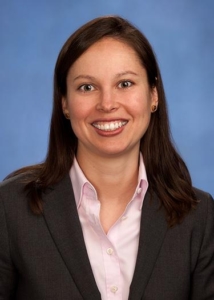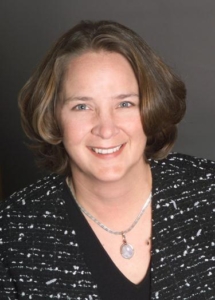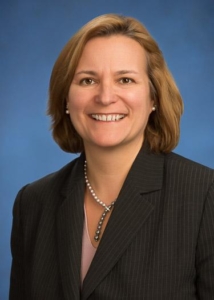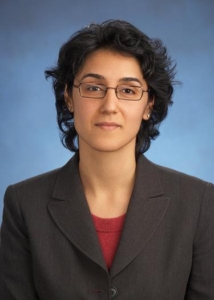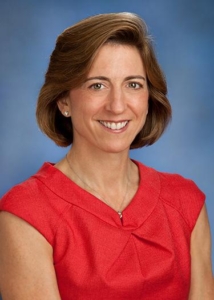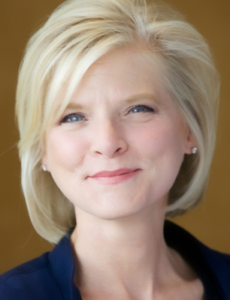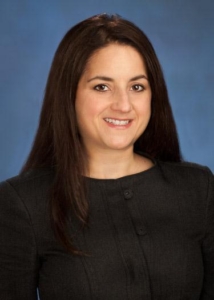 “Take risks,” advised Kate El-Hillow, Managing Director, Goldman Sachs Asset Management, “because that is one of the best ways to build up your skill set.” This is one piece of advice that El-Hillow would give to her younger self starting out in her career. “Women tend to underestimate their skill set,” added El-Hillow. She encouraged women to be confident. She also emphasized just how important dedication and hard work are to career advancement, and finally she added, “Don’t over plan.”
“Take risks,” advised Kate El-Hillow, Managing Director, Goldman Sachs Asset Management, “because that is one of the best ways to build up your skill set.” This is one piece of advice that El-Hillow would give to her younger self starting out in her career. “Women tend to underestimate their skill set,” added El-Hillow. She encouraged women to be confident. She also emphasized just how important dedication and hard work are to career advancement, and finally she added, “Don’t over plan.”
Career Path
El-Hillow began her career at JP Morgan in the Audit division after graduating from Boston College with a degree in Accounting. However, while at JP Morgan El-Hillow found herself drawn to finance because she enjoyed the relationship aspect of the industry and finding solutions to meet the client’s financial needs. After realizing the highs and lows of the dotcom era with a private equity group that met its demise around the same time as many internet start-ups, El-Hillow found the right fit in finance at JP Morgan Asset Management concentrating on multi-asset class portfolio solutions.
While the client side of the business is what initially intrigued El-Hillow, she has since moved away from the client side at Goldman Sachs, where she now works, and focuses on managing multi asset class portfolios. “After giving birth to my first child, I really didn’t want to be on the road as much, and I very much enjoy helping clients from a portfolio management seat. It has been a very exciting area to work in.”
Since joining the industry in 1996, El-Hillow has witnessed a lot of volatility in the investment industry. “It’s a very dynamic environment which is part of the draw for me,” noted El-Hillow, “and many of the current challenges right now are around dealing with the lower yield and lower growth environment and regulatory issues.” She added, “It is important to try to recognize the opportunities to move into new investments while staying focused on not taking unintended risks. During the good times, some people can forget how painful the hard times are, but it is important to remember.”

